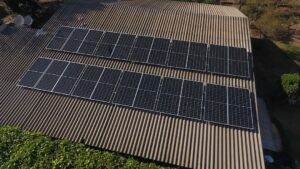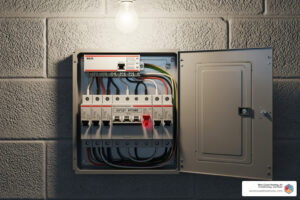
Breathe Easy: Your Guide to Oceanside Dryer Vent Cleaning Pros
Avoid fire risks & boost efficiency. Trust pros for dryer vent cleaning Oceanside. Stay safe & save money!
Dive into our blog for the latest tips and insights on optimal home comfort with our trusted heating, A/C, and solar solutions. Your journey to a cozy, energy-efficient home starts here!

Avoid fire risks & boost efficiency. Trust pros for dryer vent cleaning Oceanside. Stay safe & save money!

Find the best solar companies San Diego. Explore expert tips to choose your ideal solar partner for savings, independence & home value.

Start your solar journey! A solar energy consultation empowers you with a personalized plan for energy independence & savings.

Is your AC circuit breaker tripped? Discover why, troubleshoot safely, and know when to call HVAC or electrical pros for a lasting fix.

Ensure year-round comfort in El Cajon. Find expert HVAC El Cajon services for maintenance, repairs, and energy-efficient solutions.